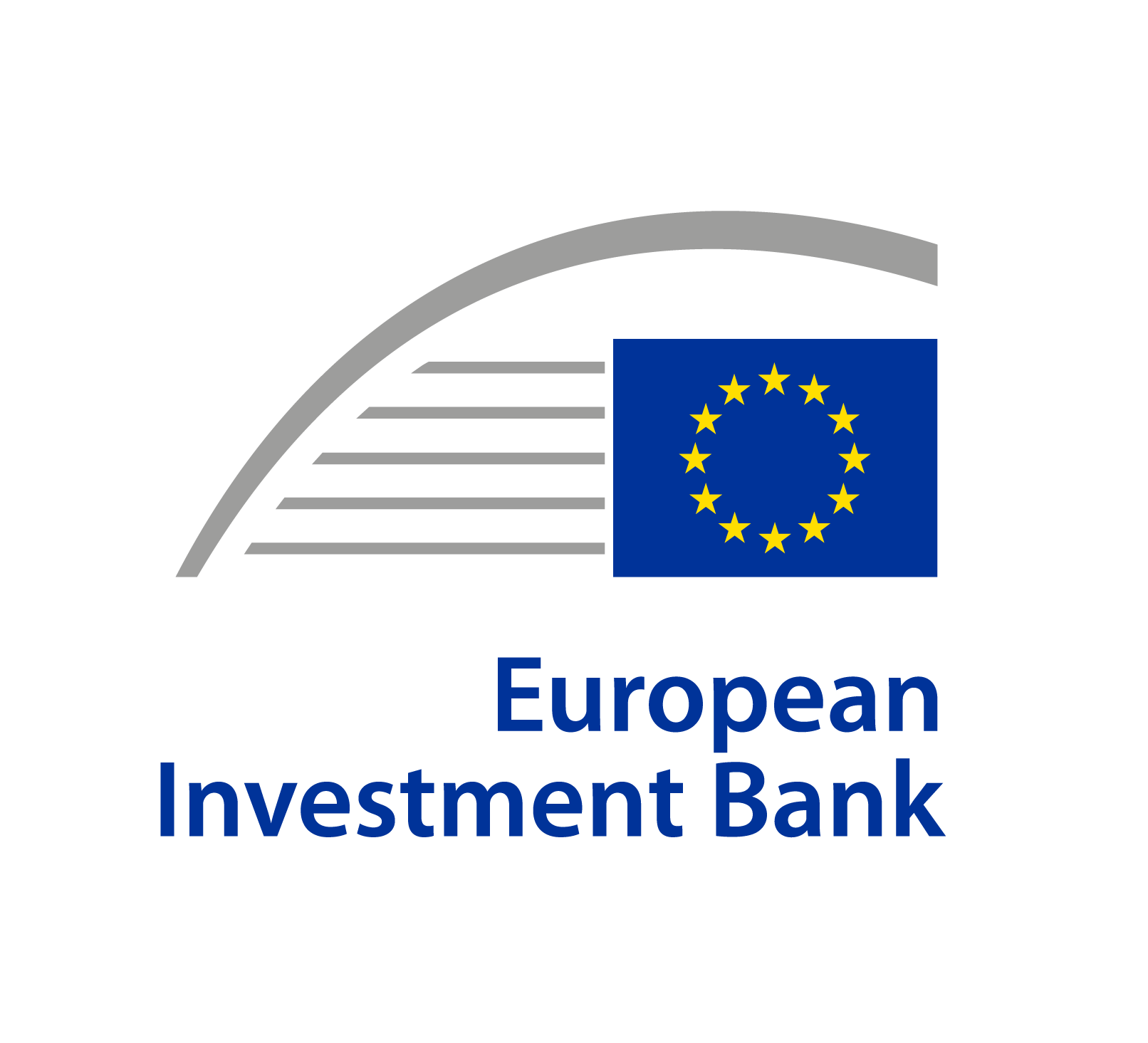
About
The first year of the European institutional mandate has been marked by a stark shift in the geopolitical landscape, moving from collaboration and integration to heightened competition and tension. 2024 was the warmest year in global temperature records going back to the pre-industrial level. Without immediate action, climate change will keep accelerating, intensifying environmental degradation and biodiversity loss. Citizens’ perceptions are also shifting. From the work we are doing with citizens across Europe, we know there is waning trust towards national governments and the private sector in delivering on climate action, with individuals generally feeling powerless and excluded from the decision-making process in this regard.
Friends of Europe’s 2025 Climate and Energy Summit delves into the risk of decarbonisation falling off the agenda due to a shifting geopolitical environment, and what Europe must do to renew its industrial strategy through the definition of clear business drivers, while also advancing its ambitions of becoming the first climate-neutral continent by 2050. The 2025 Climate and Energy Summit will discuss what Europe can do differently to solidify the role of decarbonisation as a key driver for growth, focusing on the competitive advantage Europe has on clean tech innovation, reducing strategic dependencies and creating the conditions for an equal playing field. Energy is a key driver of progress in the EU’s green industrial agenda. However, the green transition is currently being threatened by the US announcement of tariffs on aluminium and steel imports, and raw materials dependency remains a crucial concern, with China accounting for about 60% of the supply of European critical raw materials. As part of the geopolitical developments on the state of the Russian invasion of Ukraine, Ukrainian critical raw materials have increasingly become part of the conversation.
Our assertion in this Summit is that the best scenario for Europe to adopt would be to accelerate decarbonisation as an essential element in its industrialisation approach and in response to the current evolving geopolitical landscape.
Join the #ClimatEnergySummit discussion on social media.
Related content:
Our events include photos, audio and video recording that we might use for promotional purposes. By registering you expressly confirm that you have read and understood Friends of Europe privacy policy. Should you have any questions, please contact us on privacy@friendsofeurope.org.
PHOTO CREDIT: Shutterstock| elwynn
Schedule
The clean-tech sector can be a prime example of the European capacity to stay at the forefront of innovation, technological advancements will be necessary for its industrial transformation, reach the targets for circular economy and accelerate decarbonisation.
How is the clean tech sector transforming the future of the green transition in Europe? This set of parallel roundtable briefings will feature inspiring conversations on breakthrough technologies led by green tech entrepreneurs, experts and scientists
Energy poverty has increased substantially in recent years; due to heightened inflation and the cost-of-living crisis almost 50 million Europeans have struggled to keep their homes warm. At the core of addressing energy resilience, industrial competitiveness and accelerated decarbonisation stands electrification which, with the proper policy framework, can contribute to these key EU objectives. With the release of the Clean Industrial Deal, the European Commission sets a goal to lower energy prices and electrify almost one-third of the European economy in the next 5 years. Electrification plays a crucial role in reaching the net-zero scenario, as it helps mitigate carbon emissions. In addition, electric technologies are generally much more energy efficient than their fossil fuel-based counterparts. According to the International Energy Agency (IEA), achieving the Net Zero by 2050 Scenario will require a yearly increase of the share of electricity in the total energy demand by 4%. While Europe is already home to some of the technologies required to boost the electrification of its most relevant manufacturing sectors, barriers of various nature remain for adopting electrification technologies in industries such as high-temperature chemicals, iron and steel, aluminium, glass and cement. The Clean Industrial Deal sets the path for clean energy production to be more attractive for the industrial sector and for energy bills to be less volatile. Aligning taxation with technologies’ contribution to climate neutrality goals by making progress on the revision of the Energy Taxation Directive and facilitating Power Purchase Agreements (PPAs) will increase the affordability of energy while also contributing to the promotion of economic growth and social fairness, especially in the context of broader adjustments of public policy instruments.
Questions for consideration include:
- How will the Action Plan for Affordable Energy decrease energy costs and tackle energy poverty?
- What barriers remain to electrification in the European path to climate neutrality?
- How can Europe support increased electricity integration between Member States?
- How does electrification become a shared goal beyond the industry? What are the implementing steps to reach our climate neutrality targets?
According to the survey and focus group research “Voices for Choices” conducted
by Debating Europe in five European member states, 60% of young European
citizens consider it important for products and services to be ‘made in Europe’, and almost 70% in Germany, France and Italy believe that the European Union should maintain climate action as a top priority even beyond the current institutional cycle. The support of European manufacturing capacity features in the Industrial Decarbonisation Accelerator Act, announced for the end of this first mandate year. Introducing non-price criteria in public procurement can strengthen the demand for EU-made clean products and allow Europe to capitalise on decarbonisation, especially where it has a competitive advantage.
Europe navigates a year of drastic geopolitical shifts where alliances and political priorities have shifted. The “existential challenges” that Europe faces, as former Italian prime minister Draghi has called them, would require additional annual investments of €800bn to increase growth and productivity. The unequal and tight fiscal room of manoeuvre between the European member states represents in this sense a great challenge leading to strong negative impacts on the Single Market, jeopardising the capacity of the Union to progress jointly as a bloc and increasing economic and social divergence.
Questions for consideration include:
- Given Europe’s fiscal constraints, what structural reforms and budgetary innovations should public institutions prioritise to align financial resources with the joint goal of accelerating decarbonisation and maintaining competitiveness?
- Considering the existential nature of the challenges facing the EU, how can citizens be taken on board to ensure trust in the European project and climate neutrality goals is maintained?
- How will the Industrial Decarbonisation Accelerator Act favour the demand for clean products “made in Europe”?
Partners
Activities
A bold vision for a climate-neutral and competitive Europe
Next event In person & livestreamed

- Area of Expertise
- Climate, Energy & Natural Resources
European Oceans Pact: is maritime transport on board?
Past event In person & livestreamed

- Area of Expertise
- Climate, Energy & Natural Resources
Staying the course: driving sustainability forward in a shifting…
Past event In person & livestreamed

- Area of Expertise
- Climate, Energy & Natural Resources
Navigating risks and enhancing resilience: charting Europe’s energy and…
Past event In person & Livestreamed

- Area of Expertise
- Climate, Energy & Natural Resources
A betrayal of the future: the EU must act now
- Category
- #CriticalThinking
- Author
- By Benjamin Van Bunderen Robberechts
Citizen-led recommendations for the Horizon Europe Missions on…
- Category
- News
- Area of Expertise
- Democracy
Policy Voices | What is the cost of not doing Carbon Dioxide Removal?
- Category
- Podcast
- Area of Expertise
- Climate, Energy & Natural Resources
Competitiveness and clean energy, the challenge of European industries
- Category
- #CriticalThinking
- Author
- By Michele Bologna

- Area of Expertise
- Climate, Energy & Natural Resources

- Area of Expertise
- Climate, Energy & Natural Resources

- Area of Expertise
- Climate, Energy & Natural Resources

- Area of Expertise
- Climate, Energy & Natural Resources
Continue
the debate on
- Debating Europe



